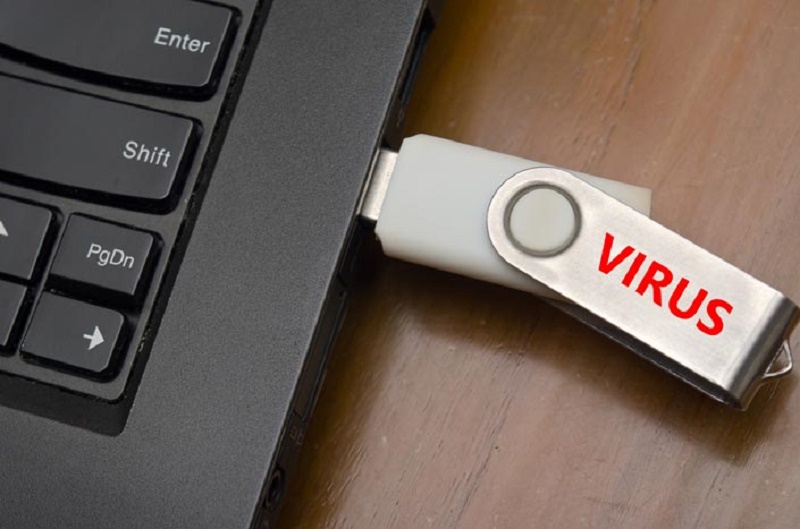
How to remove virus from usb? Step by step guideline
One of the threats that we frequently face as IT users are the infection by viruses, which spread in a dizzying way since there are millions of viruses around the site in the network. We have thousands of infected links, attachments that when infected open our computer. In general, we are vulnerable to adding a virus, regardless of its type, to our computers or devices. Let’s discover how to remove virus from usb.
Something that happens frequently, both at home and in the office. We connect any USB medium in public places, where viruses abound, and then we connect them to our equipment. There we are opening a door of vulnerability so that this threat is present in the system. Be aware of the mining virus.
How to remove virus from usb?
One of the viruses that most affects the storage units are the direct access viruses. It makes the files and folders are full of shortcuts. None open the original file affecting its use. Direct access viruses take advantage of a Windows system design error which consists of executing malicious code inserted in a shortcut. At the same time, these viruses hide folders or files inside the unit.
For these reasons, we will give a series of practical tips on how to eliminate these viruses either from our USB media or from the hard drive itself and thus enjoy greater security in the operating system.
1. How to remove viruses using the Windows command prompt
This method allows us to make use of the utility of the integrated system symbol in Windows systems through which, through a series of attributes, we can easily remove the virus.
Step 1
For this, we will access the symbol of the system as administrators, and the first step is to verify what is the letter assigned by the system to the hard drive, USB drive or SD card, for this we execute the following commands:
diskpart ( Allows access to utility GESTI or n Disk )
list disk ( List available discs )
Step 2
There we can see the assigned unit or we can locate it directly in the Windows file explorer:
Step 3
In this case, we will analyze the USB memory which is assigned the letter N, at the command prompt we execute n: to access it:
Step 4
Once we access it, we will execute the following:
the * .lnk
Files of type .lnk are shortcuts of the Windows operating system. They are Windows pointers that point to the original files, once we delete these .lnk files, we will execute the following:
attrib n: *. * / d / s -h -r -s
Note: Remember to change the letter that the system assigns to our unit.
When executing this series of attributes, hidden files will be displayed in the analyzed medium. It is enough to go to it and eliminate those that we consider unnecessary.
2. How to run an analysis with Windows USB antivirus software
Having installed in our system some antivirus utility. It allows us to perform a quick or complete analysis in the units in search of threats in an intuitive way.
In case of not having it, we can resort, in the case of Windows 10, to the utility Windows Defender which has improved analysis and security allowing us to perform a complete analysis on any of the units of the team and thus discard any type of threat.
To run an analysis with Windows Defender, just go to the file browser and right click on the unit to be analyzed. Select the option Examine with Windows Defender:
This will display the Windows Defender Security Center from where we can start the analysis.
3. How to eliminate shortcut viruses using free programs
There are several free utilities that give us the possibility to eliminate these annoying direct access viruses.
It is a portable utility which at the moment of its execution displays.
There we can select Pen Drive to analyze the USB memories or the Computer option to analyze the hard disk.
Once we select the correct option, the following will be displayed:
There we select the letter of the unit to be analyzed and click on the Scan button to start the analysis. As we can see, we can activate the Delete All Virus check box to automatically remove the threats.
We have been able to know some useful alternatives to give a complete and complete solution to this direct access virus and thus be able to take full advantage of the files or folders in our storage units.


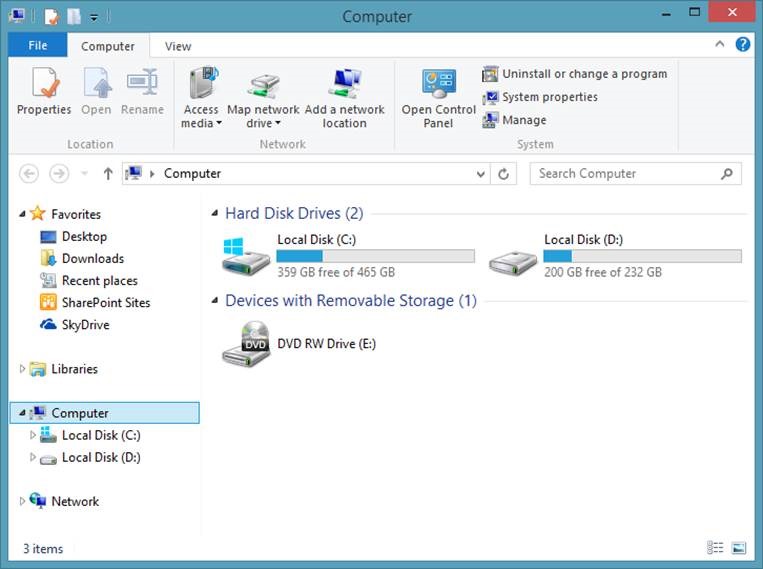

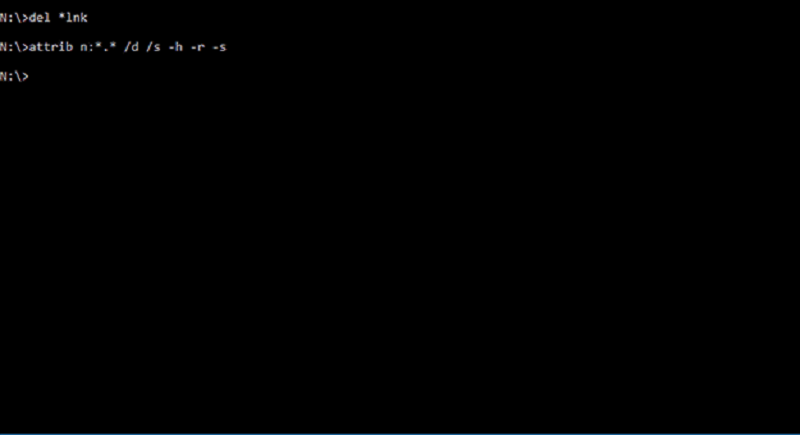
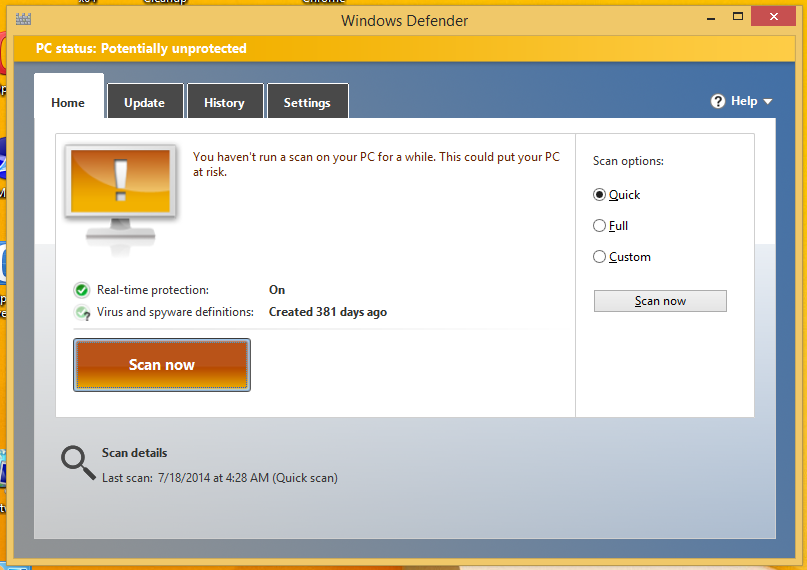
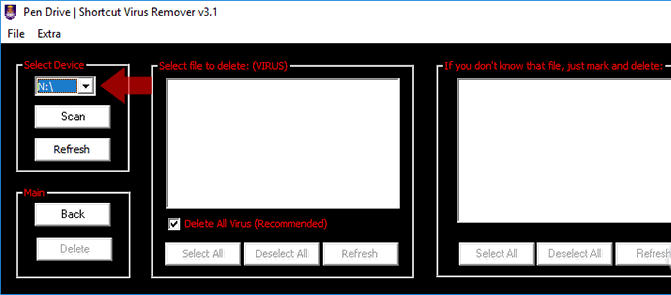


Average Rating